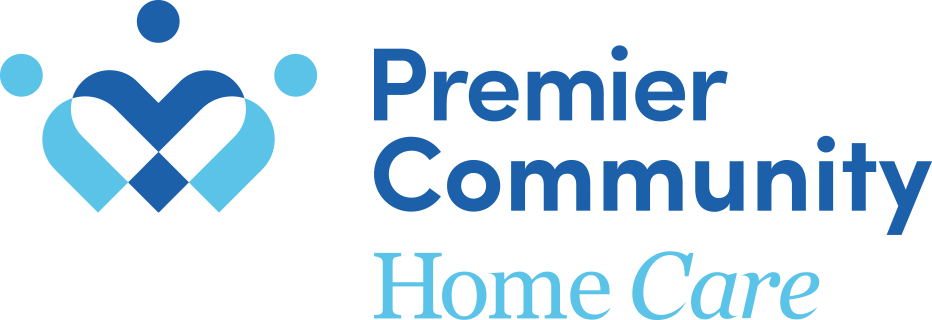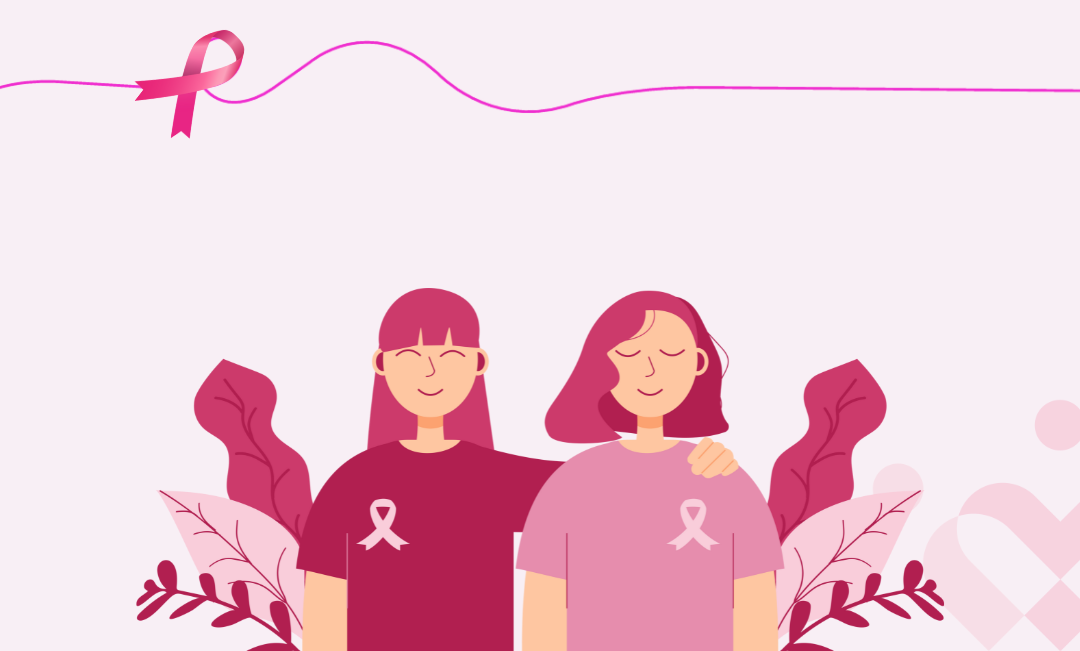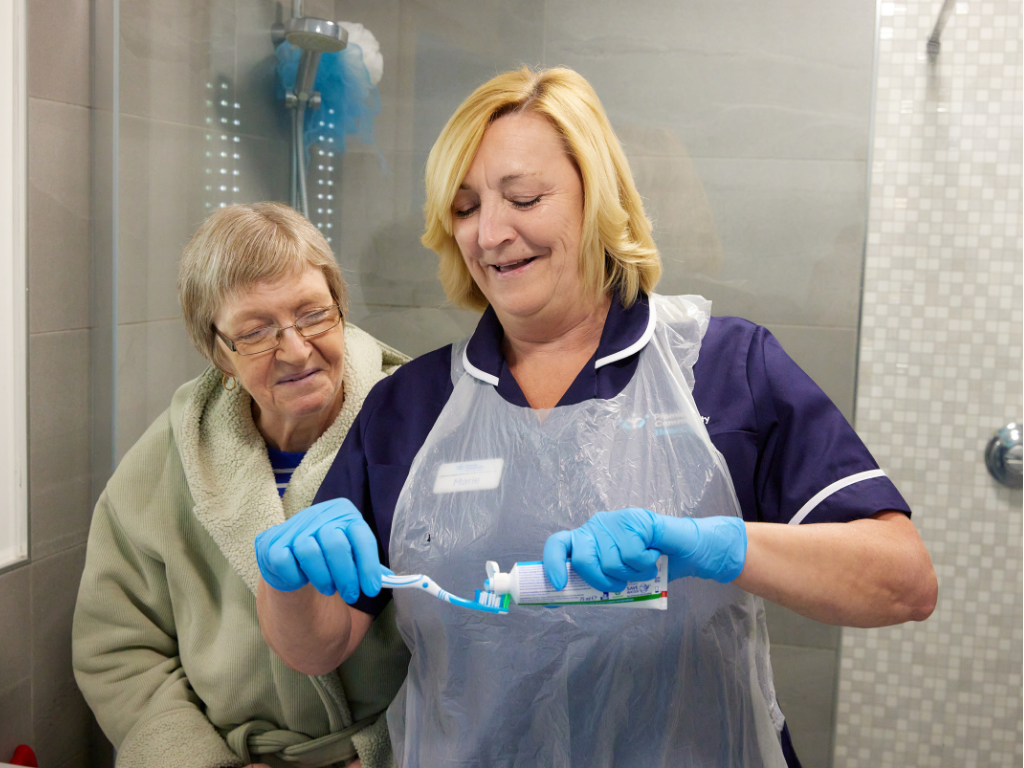As a home care provider, we acknowledge that many of our carers may be affected by breast cancer at some point during their working lives, and with around 56,400 new cases diagnosed every year in the UK, it would be worth keeping in mind some ways in how you can offer support to your colleagues.
Here at Premier Community, we aren’t here to offer medical resources but value the well-being of all our community and within our blogs like to take the opportunity to offer advice and tips to ensure that emotional and mental well-being is also cared for.
At a time of a Breast Cancer diagnosis, it can be difficult in knowing the right words or how to approach someone who has recently received the bad news.
Sometimes, it isn’t the colleague themselves who has been diagnosed with breast cancer but one of their close family members has had a recent diagnosis and it is taking a toll on their mental health. Offering support to your colleague will be noticed and appreciated by the individual in just letting them know you are there when they might need you and there for support.
Below are just a few ways in which you can offer someone you know the support that someone may require at a time of a recent diagnosis, or if someone close to them has been affected by breast cancer.
Simple ways to offer Support:
As mentioned, being there to offer that emotional support is something that will be noticed by the person and greatly appreciated and this can be done in a few ways. Such as being a good listener, If you don’t feel as though you can offer advice, simply being there for them to listen allows your colleague to blow off some steam and feel heard. This can also be beneficial to their mental health as worries playing on their mind and building up can be released allowing them to lift a weight off their shoulders.
Acknowledging their struggles and approaching the person in a gentle manner without prying for more information will also be appreciated by the person. Phases such as “I’m here if you need anything” or “I’m thinking of you” or even being able to validate their perspective if you are talking to a colleague who is dealing with someone close to them that has had a diagnosis and say “I’m sorry you’re dealing with that situation. It sounds so painful.”
Finally, respect their privacy as not everyone might want to discuss issues surrounding breast cancer whether it be the individual with the diagnosis, or the person dealing with a close relative who is going through their breast cancer diagnosis. It is important to be mindful by not asking too many questions, unless they are wanting to discuss and initiate the conversation.
This further leads to the idea of being mindful with word choice and knowing the appropriate things to say to say to the person. We would advise avoiding words and phrases that are cancer-related stereotypes. If the person doesn’t seem to want to give much information or discuss the topic, refrain from offering unwanted advice and making generalised assumptions about cancer treatment, survival rates, or stories about other cancer patients.
As you can imagine, when a recent diagnosis has been shared among friends, family and colleagues, the person affected is likely to have received an influx of other people also offering their and words of support, at a time when they are still accepting and understanding the diagnosis themselves. During this time showing your genuine compassion with phrases such as “I’m here for you” or “You’re incredibly strong” or even “I’m with you every step of the way”, can help to reassure the person you are there for them and offer full support through the whole diagnosis at the beginning, during and after the treatment.
These are just a few simple ways to offer someone advice on their cancer journey, your generous words, a friendly hug and respect will mean a lot to someone. Like previously mentioned we aren’t medical professionals but can offer advice and tips of how to handle the above situations in a respectful manner.
As mentioned in our previous blog “Breast Cancer in Young Women,” our employee assistance programme, Health Assured, can also offer health and well-being advice for all Premier Community employees. Visit the link below to read more about them and how they might be able to assist you.










